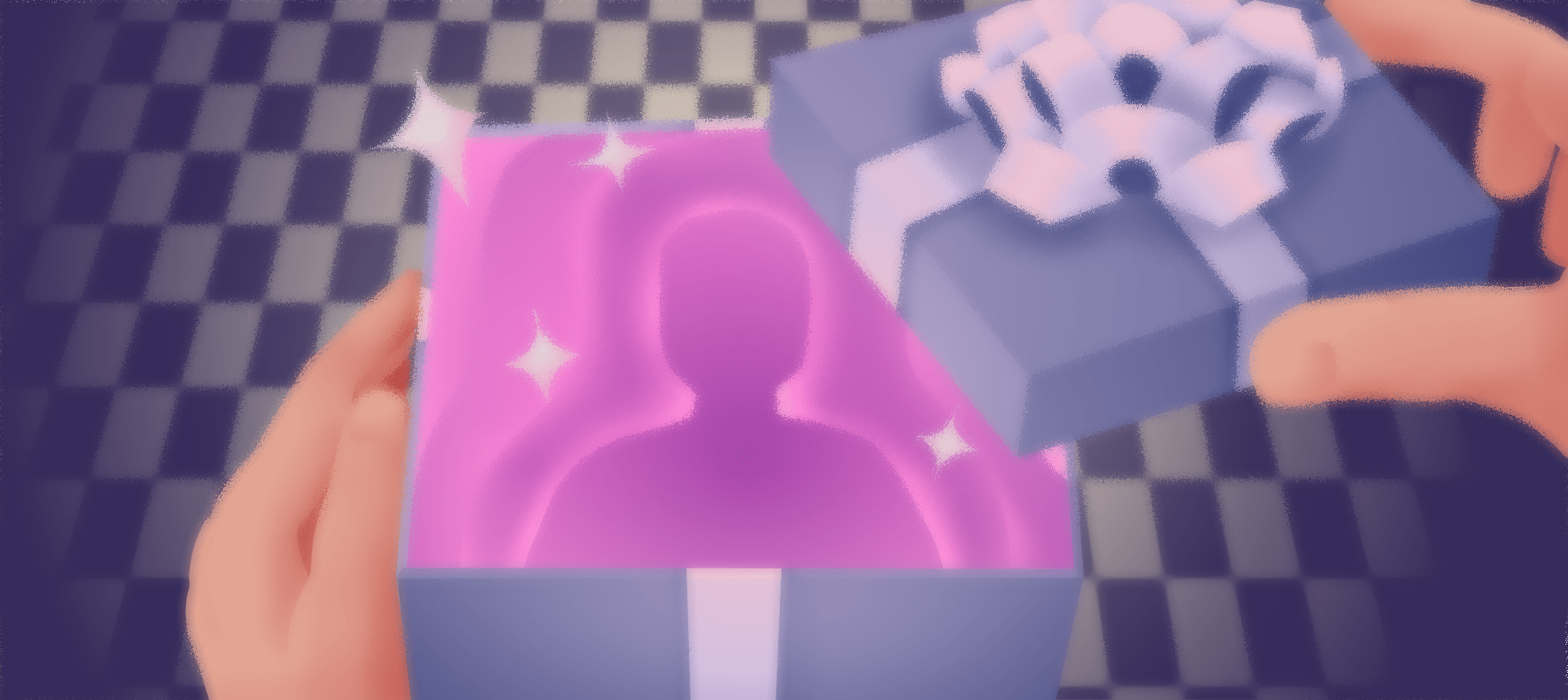This is not my real name.
My real name is a card I hold close to my chest. I keep it like a deep, dark secret. It’s something only those closest to me know, besides my employer and the government. The truth is, identifying myself is such a hassle. For as long as I can remember, I’ve been fighting off mispronunciations and misspellings. If I had to pick a song to describe my life, it would be “That’s Not My Name” by the Ting Tings.
So, I started to go by the name “Anna.” Oddly enough, the question that I’m asked the most is — why? Despite the fact that very few people can pronounce it, I’ve been told that I should go by my legal name instead. So, what’s in a name?
For starters, my birth name is technically spelled incorrectly. There’s a reason for it, but I’ll keep that to myself. Since it costs upwards of $137 to apply to change my name, and I’d have to change all my legal documents, I’ve put that on the backburner for now. However, everyone would default to the correct spelling, so it has become incredibly annoying to try and correct people. My legal name also requires an Italian accent, so I went by an accentless pronunciation that wasn’t as common as the one most people defaulted to thanks to pop culture.
Some people have messed my name up or butchered it without remorse. It started to bother me the more I dealt with such flippant attitudes towards my name. Once, a staff member in high school looked me in the face and laughed as she mispronounced both my first and last names; having a complicated Italian last name also didn’t help. Morning attendance with supply teachers was the worst, as I’d have to play a constant game of correction. For how many times my name was mispronounced, I could create several alter egos.
As you become your name, and names become who we are, this can cause severe identity blurring, as people become easily accustomed to the mispronounced version. The thing is, my experience is not unique. In a culturally heterogenous country like Canada, many have had the misfortune of a mispronounced name growing up. I know I’m not alone; my whole family has faced this, along with many immigrant Canadians or second/third-generation kids like myself, who were born with an ethnic name. My experience isn’t the worst, but constant misreferral makes navigating the world impossible. For many of us, it just makes things easier to go by a preferred name. I chose the name “Anna” and decided to hide my real name from most people. Plus, getting a coffee is so much easier now.
But for some, it goes a step further. I’ve heard horrible jokes about ethnic names before, people engaging in purposeful mispronunciation or outright mockery behind people’s backs. When your name is a simple one, you tend to fit in better. Ethnic and racial discrimination means many tend to dislike their cultural names, feeling like they are ‘othered’ for being different.
Racialized and immigrant Canadians have often been mocked and insulted for their names, choosing easier-to-pronounce nicknames to fit in, or changing altogether to avoid negative stigma. Muslim Canadians with names like Osama were heavily discriminated against during the height of post-9/11 tensions, and studies have shown that applicants with “Black-sounding” names are more likely to be passed over in job applications compared to those with names that are “white-sounding.”
For members of the LGBTQ2S+ community, preferred names are a matter of freedom of expression. Phineas Ambrose Savchenko, a second-year MA Cinema & Media Studies student, started going by their preferred name for both gender- and work-related reasons. As a queer person, they found the name fitting. “I used to work in filmmaking and design, now having moved into writing and publishing… In both I found having a name that was a little strange (yet recognizable) a perk!”
Unfortunately, some queer-identifying people face “deadnaming” as a means to strip them of that freedom to identify as they wish. This is especially common for members of the transgender community, who have faced repeated attacks on their identity in recent years.
Despite a myriad of legitimate reasons, there is a stigma around changing your name to a preferred one. Some may feel that changing their name is giving in to discrimination and the pressures of “name assimilation.” Many Canadians have even reverted back to their original names, deciding instead that others should acclimatize and learn the proper pronunciation.
Ultimately, shouldn’t the decision rest with the individual? After all, it’s not like we chose them — they were given to us at birth. As with any gift, our names should be special, personal, and above all, ours. Maybe one day all names will be treated equally, and maybe one day I’ll drop the name “Anna” and pay for that name change fee… but not in this economy.




